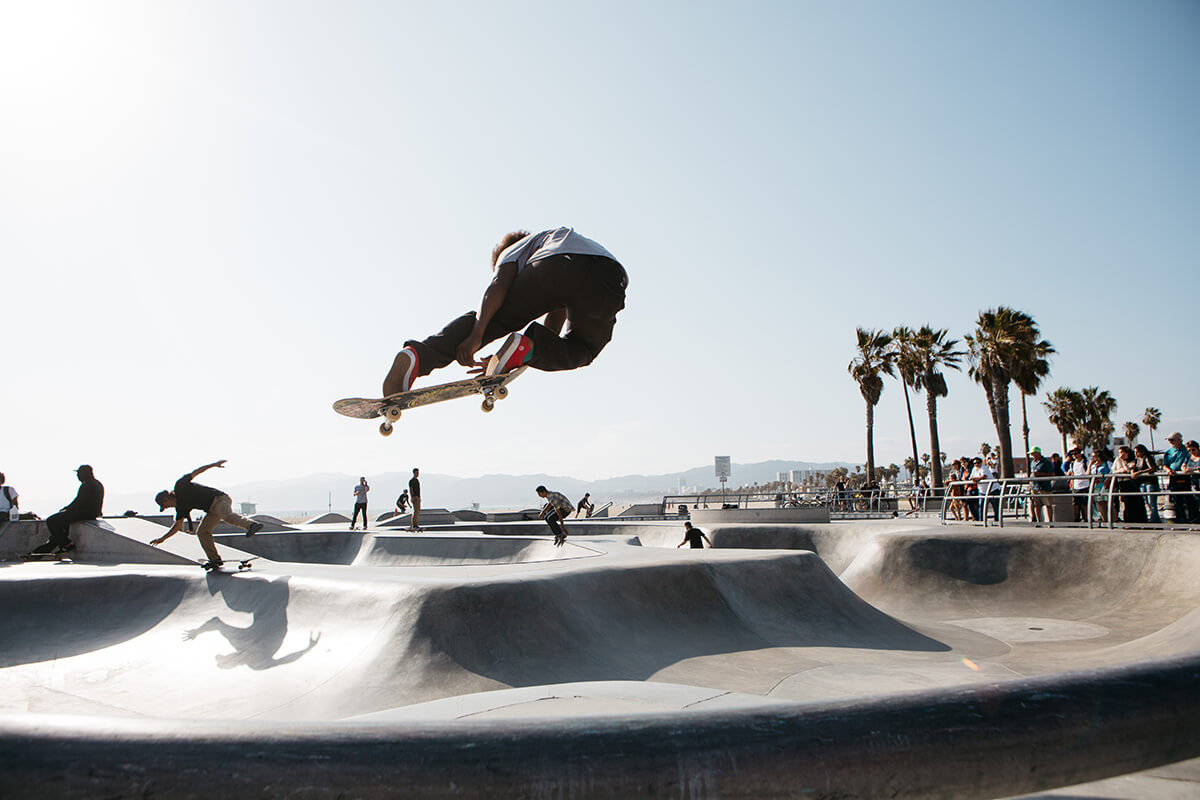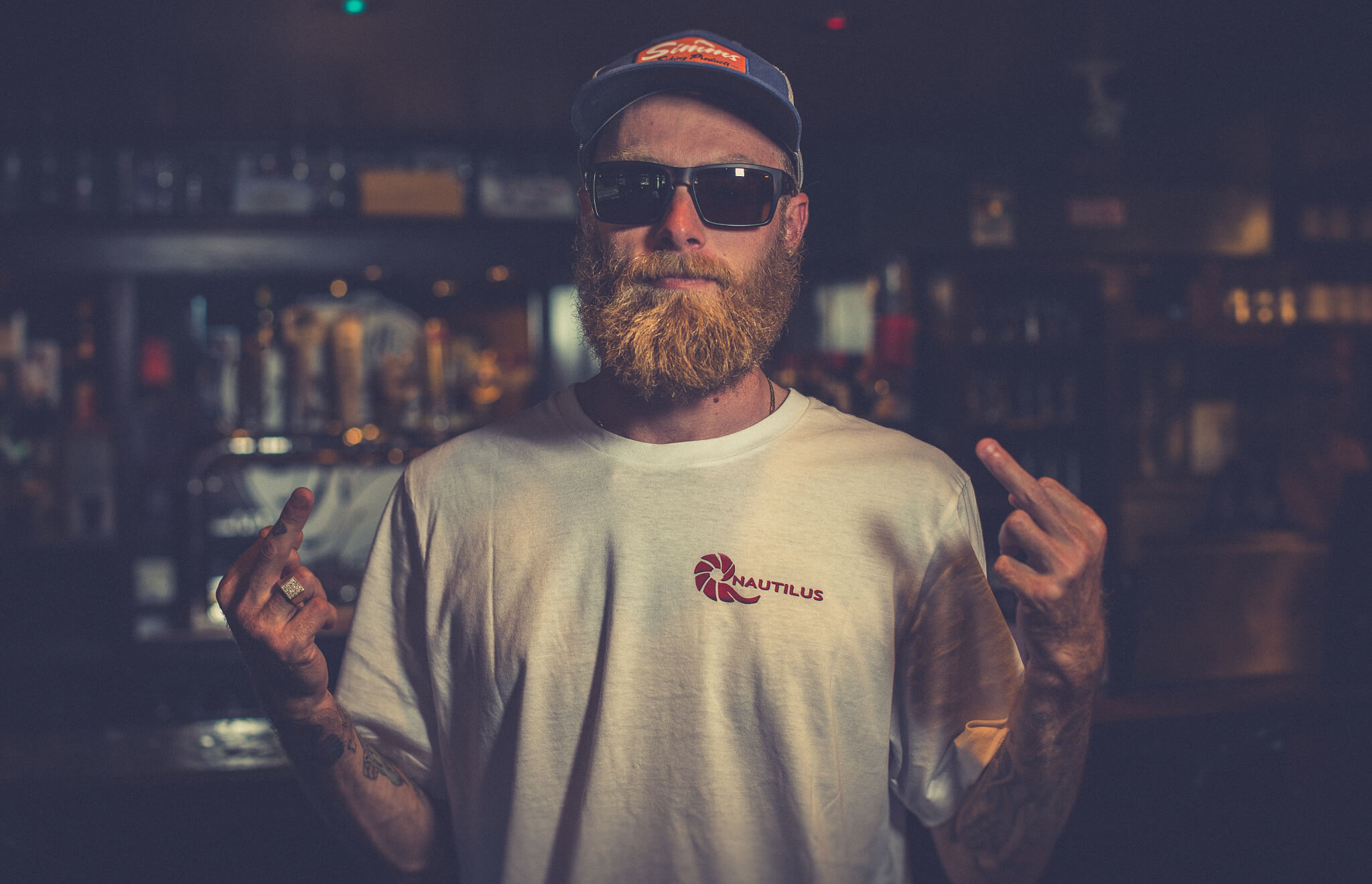By the time we wrapped our last shooting day, we had collected over 300 hours of footage. Lungs shouted for justice and moments later filled with teargas. A father baked cookies during a moment of peace. A police chief and a mayor cited lack of data. Our creative team quickly realized we had several possible...
“Communication Is Where a Film Lives and Dies”: Director Zoe Lister-Jones
Communication is where a film lives and dies. It is essential for efficacy, for performance, and ultimately for translating a director’s vision to the screen. To me communication is less about the art of talking than it is about the art of listening. I hired an all-female crew on Band Aid, which was deliberate on...
Profound Communication Only Happens When There Is Persistence
I often ask myself, how does each of us weave our own responsibilities into the pattern of history? How can I tell stories about human rights and the quest for justice yet engage people who are uninterested or apathetic? And the answer has always brought me back to this idea of the persistence of vision....
“A Huge Historical Project”: Editor Kim Miille on Tell Them We Are Rising
MacArthur Fellow Stanley Nelson has devoted his career to documentary explorations of the African American experience. The 65-year-old director/producer has made films on Marcus Garvey, the Freedom Riders and the Black Panthers. His most recent film is Tell Them We Are Rising: The Story of Black Colleges and Universities, which premiered this week at the...
“The Challenge Is Balancing Tone”: Director Mark Pellington
The communication challenge in executing The Last Word was thematic. With issues of aging or mortality, the challenge is balancing tone. That is achieved by communicating to everyone (cast, crew and, in turn, the audience) the specific tone. We tried keeping the story human and offbeat, making it emotionally inclusive, and earning the emotional payoff...
“We Are Living through a Divisive Time”: Director Barbara Kopple
Obviously we are living through a very divisive time, and transgender issues are among the most controversial of what people call “the culture wars.” That was something I was aware of while making this movie, and its something we are aware of as we release it. That said, every film I make involves going as...
I Stopped Talking and Started Making the True Great Film
The first time I mentioned I was making a film about Winnie Mandela, it happened to be to a novelist, in a bar in Amsterdam. He screwed up his face and said: “What? That murderer!” His response was echoed on numerous occasions around the world. Nelson Mandela was still perceived as a saint and his...
“We Don’t Use Words to Tell a Story”: Directors Lily Baldwin
We don’t use words to tell a story. We use bodies, gestures, dance, color, music and sound as tools. Inherently with this, there is room for interpretation about what the work IS ABOUT. This is the beauty and of course the challenge around non-traditional narratives. Meaning its fluid. VR is perfect for this. In Through...
“Communicating with Respect and Openness”: Director José María Cabral
Communication was the key for writing, shooting and making the movie, particularly this one. Woodpeckers explores communication and language in a very specific level. First of all the writing process was about making contact and understanding the prisoners, getting to create relationships, not only for the script but also because I wanted them as actors...
I Want the Viewer to Feel Totally Immersed in My World
For me God’s Own Country is an investigation into authenticity of emotion and landscape. Having grown up on the same hillside where the film is set, it was critically important to me to communicate what this very specific landscape not only looks like but how it feels, sounds, tastes, smells. The wind, the cold, the...











